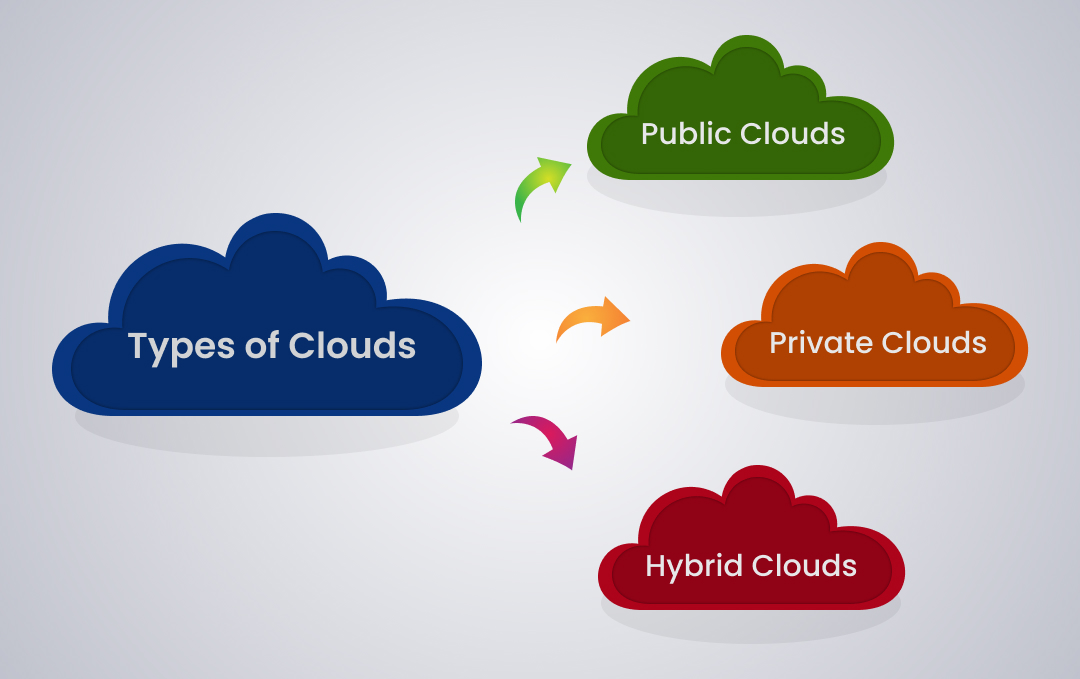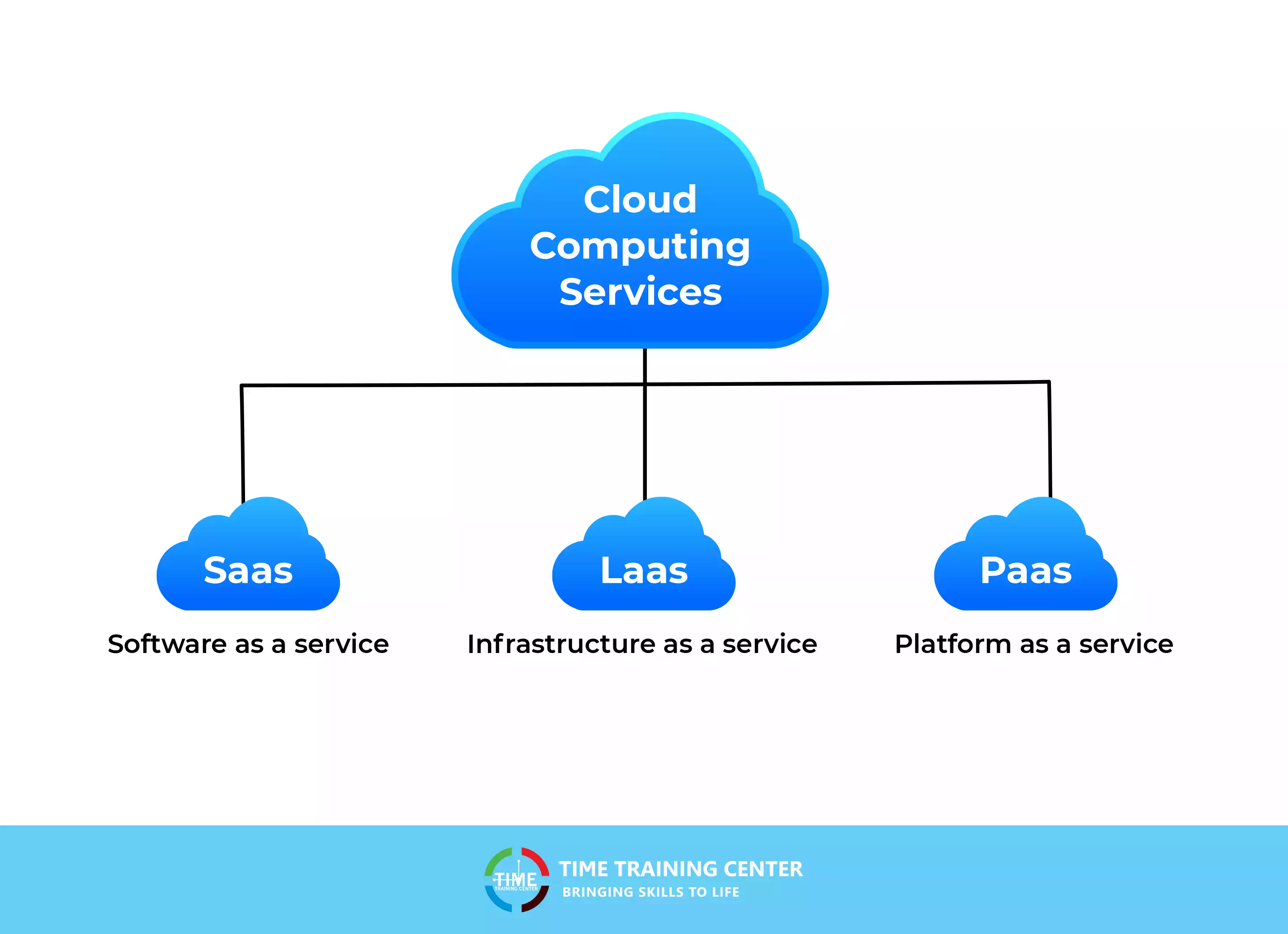Streamline IT Management With Cloud Services
In today's rapidly developing digital landscape, the role of IT management is becoming increasingly complex. Organizations are constantly seeking means to simplify their IT procedures to remain affordable and active. Cloud services have actually emerged as a sensible solution for businesses looking to enhance efficiency, reduce expenses, and enhance total IT efficiency. By embracing cloud technology, companies can accomplish better adaptability, scalability, and security in managing their IT facilities. Exactly how precisely do these cloud services transform traditional IT management practices? Let's discover the transformative impact of leveraging cloud services on IT procedures and the key factors to consider for successful implementation.
Advantages of Cloud Solutions

Furthermore, cloud services allow organizations to boost their operational effectiveness by improving processes and lowering the time and resources needed for handling IT framework. With cloud solutions, companies can automate regular jobs, such as software application updates and information backups, liberating IT teams to concentrate on more calculated initiatives that drive service value.

Improved Scalability and Versatility
Cloud services provide services with exceptional scalability and adaptability in handling their IT sources efficiently. With cloud solutions, businesses can quickly scale up or down their computer sources, storage capability, and network bandwidth to satisfy altering demands without the requirement for substantial ahead of time investments in equipment.
In addition, cloud solutions give the versatility to choose from a variety of solution models, such as Infrastructure as a Solution (IaaS), Platform as a Service (PaaS), or Software Application as a Solution (SaaS), based on the particular requirements of the business. The enhanced scalability and versatility supplied by cloud services empower organizations to optimize their IT operations and remain dexterous in today's vibrant market environment.

Cost-Effectiveness and Cost Savings
With the capability to successfully allot resources based on demand, organizations making use of cloud services can harness significant cost-effectiveness and recognize substantial savings in their IT procedures. Cloud solutions provide a pay-as-you-go model, permitting firms to only spend for the sources they make use of, getting rid of the need for large in advance financial investments in software and hardware. This scalability makes certain that companies can conveniently adjust to changing needs without spending too much on unnecessary resources. Additionally, cloud solutions reduce upkeep expenses by moving the responsibility of hardware upkeep and software updates to the provider. This reduces the requirement for specialized IT staff to take care of framework, additional reducing down operational expenses. Moreover, the cloud gives economic situations of scale, with suppliers spreading out costs across multiple customers, causing lower individual prices for solutions like storage and computer power. Overall, the cost-effectiveness and cost savings attained through cloud solutions enable companies to reallocate sources towards innovation and growth campaigns.
Improved Safety And Security and Compliance
Enhancing the overall protection pose and making certain regulative conformity are paramount factors to consider for companies leveraging cloud solutions in their IT management techniques. Cloud solution companies use sophisticated security procedures, such as information encryption, multi-factor verification, and automated back-ups, which can strengthen a business's security framework. These providers likewise stick to rigid regulative requirements, such as GDPR, HIPAA, and PCI DSS, assisting organizations fulfill conformity requirements a lot more effectively.
Implementing cloud services can boost safety by providing centralized control over access monitoring, monitoring, and data protection. This centralized technique streamlines safety management and makes sure constant application of security plans throughout the company. Cloud services frequently offer real-time protection updates and spots, reducing the risk of vulnerabilities and prospective violations.
Best Practices for Cloud Implementation
Applying cloud services effectively needs an organized technique that includes internet extensive planning and attentive execution. To guarantee a smooth change to the cloud, organizations ought to begin by performing a thorough assessment of their present read IT framework and identifying which work are appropriate for movement. It is important to establish clear purposes and define key efficiency signs (KPIs) to determine the success of the cloud application.
One of the most effective methods for cloud execution is to thoroughly pick a cloud solution company that aligns with the company's requirements in regards to security, compliance, cost-effectiveness, and scalability. Furthermore, creating an in-depth migration strategy that describes the steps involved, timelines, and obligations is vital for an effective execution.
On a regular basis maximizing and checking cloud resources to guarantee efficient performance and price monitoring is another critical facet of cloud execution finest practices. Continual analysis of the cloud environment and staying notified regarding updates and brand-new features offered by the cloud copyright can even more enhance the company's cloud strategy. By following these best practices, organizations can improve their IT monitoring and make best use of the benefits of cloud services.
Verdict
Finally, leveraging cloud solutions for IT management offers various benefits, consisting of boosted scalability, cost-effectiveness, boosted security, and compliance. By adhering to visit this site ideal practices for cloud implementation, organizations can streamline their IT operations, automate regular jobs, and optimize source allotment. This structured technique enables IT groups to concentrate on strategic efforts and innovation, eventually supplying worth to the company. In general, cloud solutions enhance functional effectiveness and dexterity in handling IT facilities.
Furthermore, cloud services provide the adaptability to choose from a selection of solution designs, such as Framework as a Service (IaaS), System as a Service (PaaS), or Software as a Service (SaaS), based on the details demands of the business. Additionally, cloud services reduce upkeep prices by shifting the responsibility of equipment maintenance and software application updates to the service supplier.Enhancing the general protection stance and guaranteeing regulative conformity are vital factors to consider for services leveraging cloud solutions in their IT administration approaches.Consistently enhancing and keeping an eye on cloud sources to ensure effective efficiency and price management is an additional important aspect of cloud execution ideal methods. Continual examination of the cloud atmosphere and remaining notified concerning updates and new attributes offered by the cloud provider can even more enhance the company's cloud strategy.